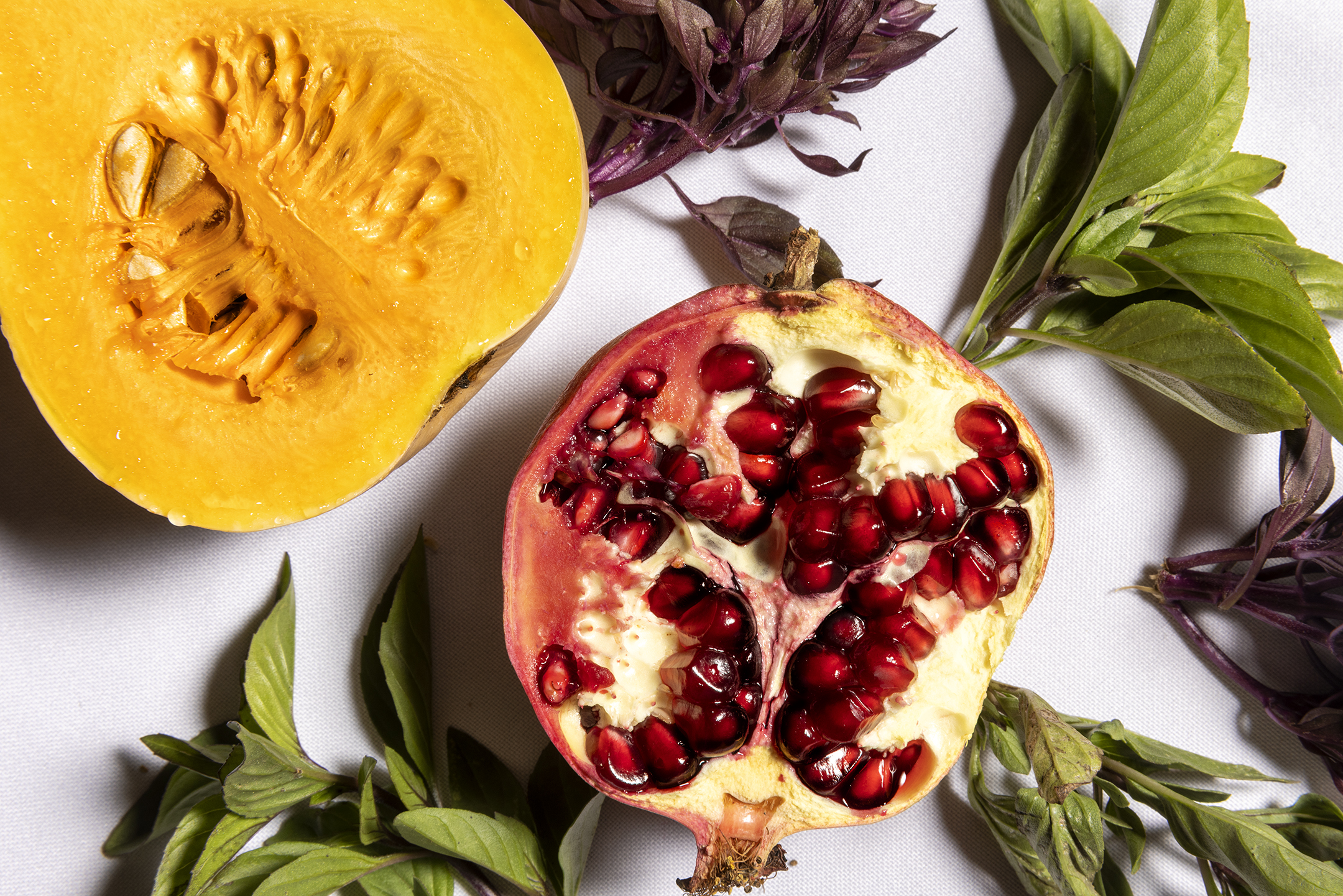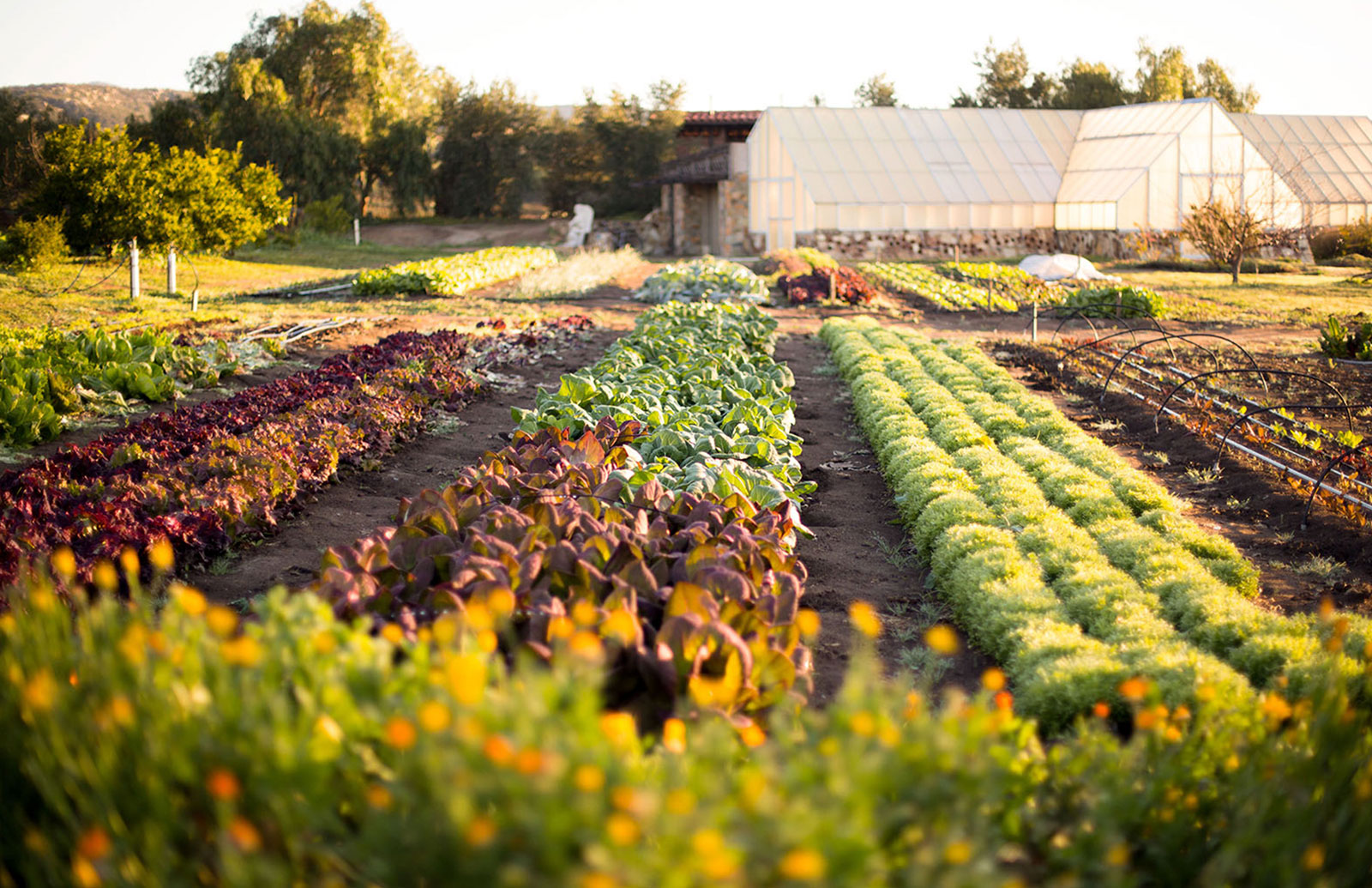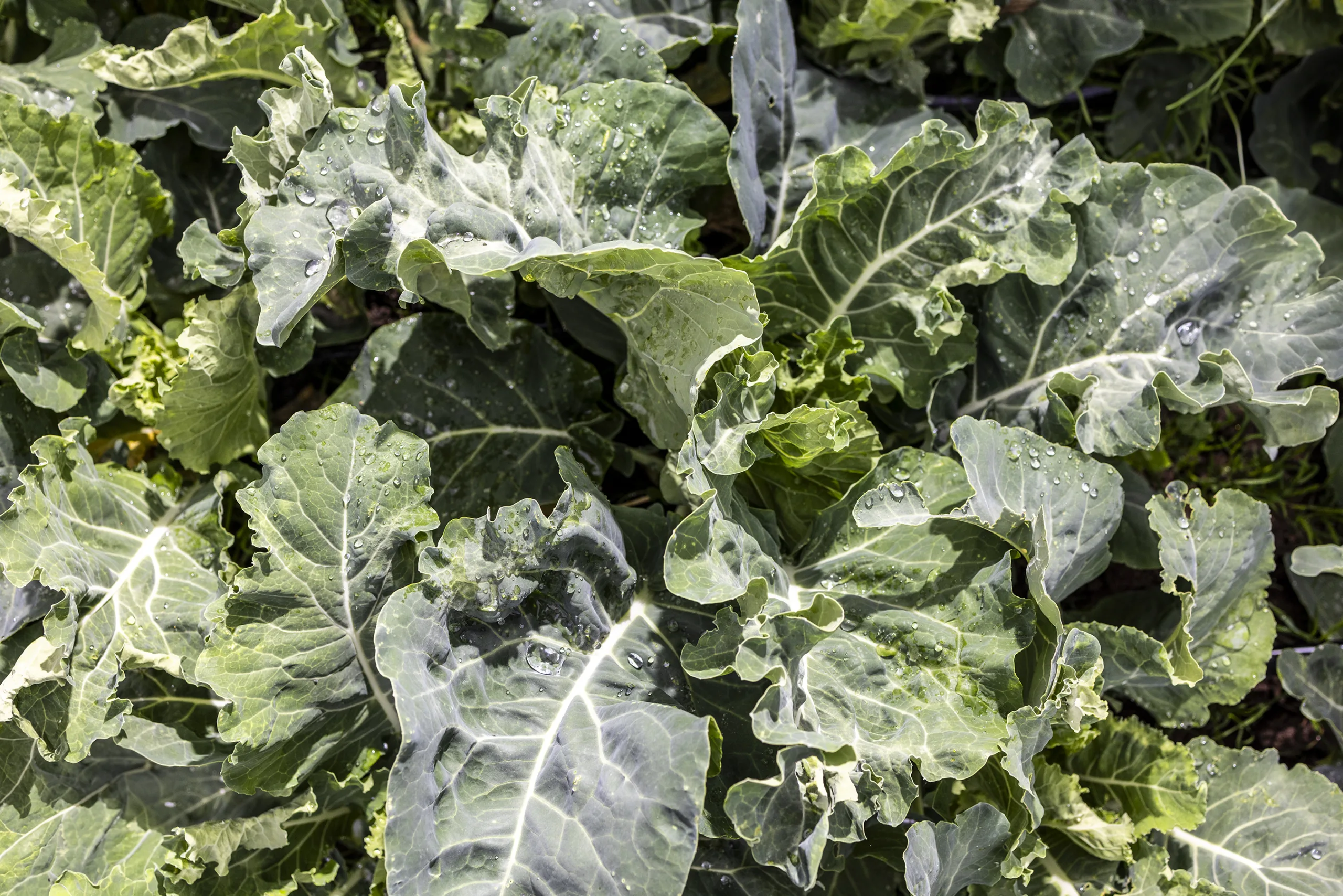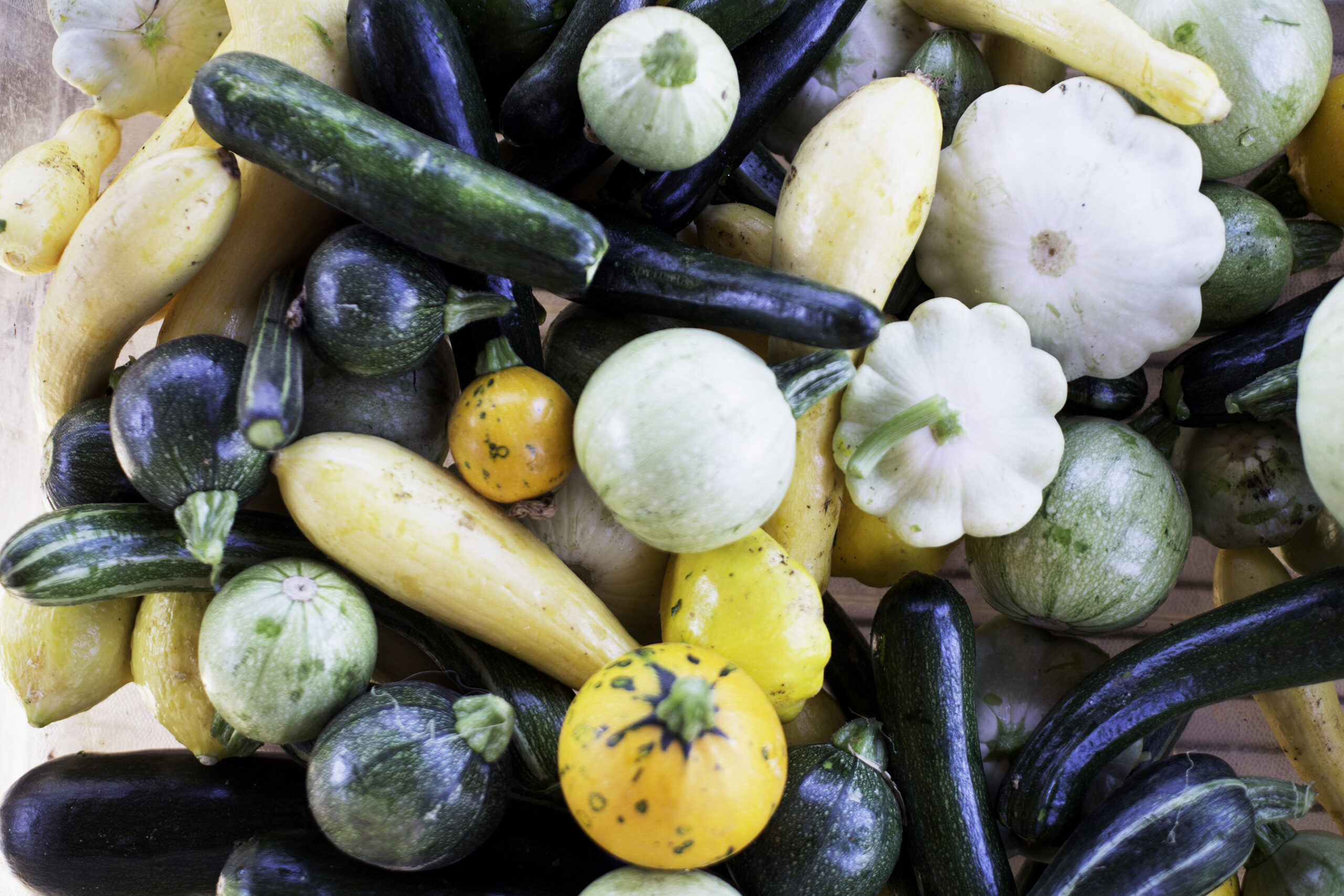The Power of Native Foods

Meals at The Ranch are more than just a pretty plate. We believe food is the medicine that keeps a body healthy. Starting with our own organic farm, we plan, plant, and harvest foods in season. We lovingly infuse delicate herbs into water and sauces. Vegetables are gently simmered and blended into silky soups, while our bright leafy greens are plated into delicious salads. Fish is fresh and caught locally in Baja. Treading lightly on the planet and plating beautiful, highly nutritious meals is important to us. We value knowing where our food comes from and including foods inspired by Mexican culture.
Many healthy foods we consume in North America have their roots in indigenous cultures. Squashes, pumpkin, corn (maize), tepary beans, vanilla, and cacao are just some of the ‘first foods’ native to Mexico and North America. These foods hold cultural significance to North American indigenous peoples and are also highly nutritious. For example, the traditional combination of beans, corn, and squash, called the Three Sisters, or Tres Hermanas, provide all 9 essential amino acids, an abundance of fiber, a hefty dose of Vitamin A, and many minerals like magnesium, manganese, and potassium.
Each week Chef Reyna Venegas creates delicious, healthy meals inspired by Mexican and indigenous cultures for Ranch guests. This month she is sharing a perfect holiday recipe packed with nutrition and cultural significance, salmon with butternut squash and pomegranate salsa. While salmon is not native to Mexico, it is considered a ‘first food’ in North America. It has great spiritual significance to Pacific Northwest indigenous people. Nutritionally, salmon is a preferred protein due to its high Omega 3 content. Just two servings of salmon a week can help meet the body’s need for EPA and DHA, two important fats for brain and heart health. A three-ounce serving of salmon contains 316 mg of potassium, 25% of the daily value for Vitamin B6, and 45% of the daily value for folate. Truly a nutrient-packed protein!
Squash is one of the oldest known crops. It is native to Mexico and has been found at sites believed to be 10,000 years old. Butternut squash is a modern squash developed from a combination of crookneck and other squashes. One cup of cooked butternut squash provides 582 mg potassium, 7 g fiber, 2 g protein, with 22 g of low glycemic (low GI) carbohydrate. Low GI carbohydrates have a low or modest effect on blood sugar while still being a good fuel source. A one-cup serving also provides 6% daily value (DV) for iron, 15% of DV for Vitamin B6, and 14% of DV for magnesium.
Originating in Persia, pomegranates migrated throughout the Mediterranean and were brought to Mexico by the Spanish. Now widely grown throughout central Mexico, pomegranates are a rich source of carbohydrates and antioxidants called polyphenols. By reducing the absorption of sugars, polyphenols make pomegranates a low glycemic food with a glycemic load of 18. One 4-inch pomegranate provides 4 g of protein, 21 mg of choline, 58% of the DV for Vitamin K, 48% of the DV for Vitamin C, and 11 g of fiber due to the seeds. Choline is an essential nutrient that functions as a brain protectant which may improve memory. At the same time, Vitamin K is necessary for bone growth and proper blood clotting.
These are just a few examples of the powerful nutrition native foods provides. They have shaped human health for centuries and have recently garnered more attention regarding their importance around the globe. The Ranch has long recognized the power of whole and native foods to provide excellent nutrition and an elevated dining experience. I hope you take the opportunity to try this incredible recipe and bring even more nutrition to your celebrations.
Learn more about Salmon Culture of the Northwest Tribes, Indigenous Food Systems, nutritional value of salmon, and Polyphenols and Glycemic Control.



